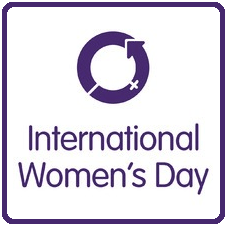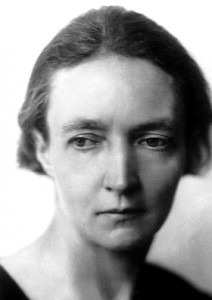 Since its inception in the early 1900s International Women’s Day has witnessed lots of changes both in societal attitudes and equality. The work in creating an equal society is far from over and this ties in with this year’s theme of ‘Inspiring Change’.
Since its inception in the early 1900s International Women’s Day has witnessed lots of changes both in societal attitudes and equality. The work in creating an equal society is far from over and this ties in with this year’s theme of ‘Inspiring Change’.
In light of this theme we’ve asked some of our Editors to talk about what has inspired them. Rosemary Tannock, Editor-in-Chief of Behavioral and Brain Functions, tells us how it is never too late to make a change. She talks about the difficulties of starting a scientific career later in life, and juggling a family and research. Despite these challenges, she has contributed important work to her field, which encourages us all to reassess our ideas of what an ideal scientific career path should look like.
We also hear from Phillipa Hay, Editor-in-Chief of Journal of Eating Disorders, about the importance of having an inspiring mentor, while Sheila McCormick, Section Editor for BMC Plant Biology, talks about the interesting research she has carried out in the field of plant genes.
There is always debate about what should be done to motivate more women to get involved with STEM subjects. A vital part of this is to celebrate the important achievements of women – like our inspiring Editors – in these fields.

Our colleagues at Springer are marking International Women’s Day on this website, where they feature interviews with some of their Editors-in-Chief in fields such as chemistry, computer science and physics. They’ve made a lot of related content free to access until 8 April, including an interesting book chapter about Irène Joliot-Curie, daughter of Marie Curie, who taught, inspired, and eventually collaborated with her husband Frédéric Joliot-Curie to win a Nobel Prize in Chemistry in 1935.
There have been many women like Irène throughout the years who have inspired and brought changes not only in society but also in scientific endeavours, such as Rosalind Franklin who played a crucial role in the discovery of the DNA double helix.
International Women’s Day provides a clear opportunity to recognise the achievements of women at all stages of their careers. Hopefully, doing this will inspire both men and women to achieve more, and to work so that women in the future don’t have to face the same barriers to a scientific career that have confronted women historically.
Comments